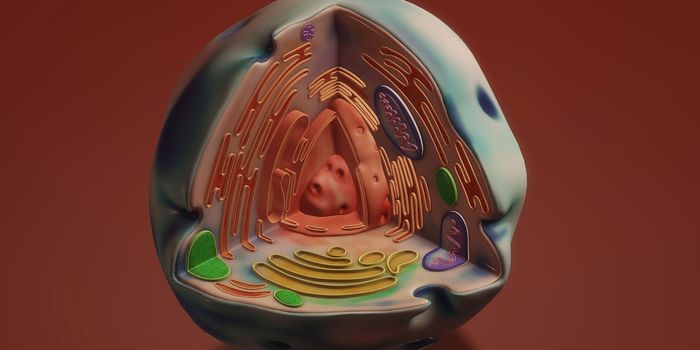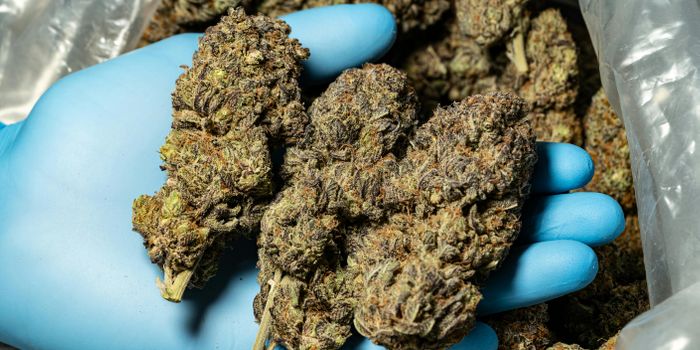The short-term benefits of breast-feeding are well known, but infants who were fed breast milk for 12 months or longer experienced benefits into adulthood, according to a study published in the April issue of Lancet Global Health.
The longitudinal study originated in Brazil in 1982 with 5,914 newborns. At age 30, these subjects showed a statistically significant bump in IQ test scores, income level, and educational attainment.

The observational study accounted for confounding social factors-such as socioeconomic status, maternal education level, smoking, and birth weight-that can skew the impact and meaning of breast-feeling studies.
"I don't want to terrify people who did not breast-feed or who breast-fed for a short time," lead author, Bernardo Lessa Horta, an associate professor at the Federal University of Pelotas in Brazil, told the New York Times. "It isn't only breast-feeding that affects I.Q. and income. But our study does show that breast-feeding is important and should be encouraged."
The study was able to locate 68 percent of the original neonates, interviewing 3,701 of the participants in 2012 and 2013 (and considering the 325 known to have died). Complete IQ and breast-feeding information was available for 3,493 members of the original study.
In 1984, when the average age of participants was 19 months, infant feeding data was gathered on the duration of breast-feeding and age at which supplementary food was introduced for study participants. For participants not interviewed in 1984, this information was obtained when they were seen in 1986 at a mean age of 42 months.
The researchers defined duration of predominant breast-feeding as the age when foods other than breast milk, tea, or water were introduced. Because families reported a high incidence of breast-feeding, researchers combined participants who had never been breast-fed with those who were breast-fed for less than one month. They indicate that evidence suggested a misclassification between these two categories.
The study also cited other supporting studies. One Belarus study demonstrated IQs at 6.5 years of age were, on average, 7.5 points higher in a group whose mothers received breast-feeding promotion. In a UK study, mean IQ was higher in children who received breast milk than in those who received formula.
The researchers wondered whether the benefits they discovered might be attributable to biological components of breast milk itself or if they might be explained by mother-infant bonding or intellectual stimulation, either of which could be keyed through breast feeding. They add that even after controlling for home environment or stimulation, scientific literature supports a positive link between breast-feeding and cognitive testing, suggesting a positive impact of breast milk on intelligence.
Although clear associations between breast-feeding and child intelligence have been made in previous research, and some evidence also exists to suggest positive long-term effects on adult intelligence and educational achievement, the authors assert this as the first study to show a positive association with adult earnings.
Source: The Lancet Global Health









